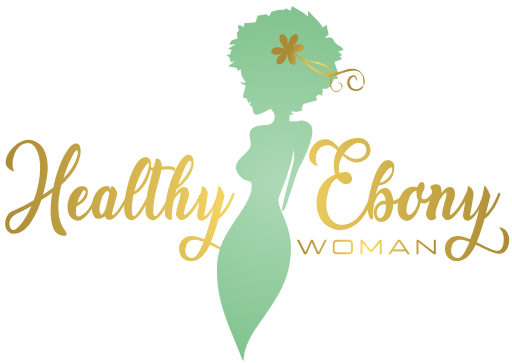My dad passed away in his early sixties when I was 15 years old, he had been in and out of ill-health for approximately 10-15 years prior. I have few memories of him being strong and healthy, one of which was a family picture we took a year before his health finally went downhill, he had this bright smile on his really handsome face.
My Dad had uncontrolled high blood pressure that led to renal failure. He was an only child of his mum and the oldest of his dad, so much was expected from him. Furthermore, he had good education and many government connections due to his time in politics. Likewise he did well in his time but socially, in hindsight he was less on the receiving end of social support and more giving. Could this have contributed to his uncontrolled BP? From stories that I heard, my dad would ensure everyone was well looked after, school tuition paid for so much so that he had little left to buy his medicines.
In preparation for this article I asked myself “could his BP have been better managed and lived longer if he had sought and gotten some form of extra support and exposed to fewer stressors?”

Hypertension diagnosis at a younger age is well documented to be higher among the Blacks in comparison with their White counterparts. This is also seen frequently in my current nursing practice, I see lots of young black women from the age of 35 years old with high BP.
Few research studies have shown that regardless of racial background, those with a great level of social support tend to have lower blood pressure (BP) or lower incidence of hypertension, this might be because social support buffers against stressors that lead to hypertension.
It is widely known that Blacks were less likely to receive social support, more likely to have smaller social networks, and more likely to have social support come more from family members in comparison to Whites.
In a recently published study in the Journal of Hypertension 2020 it was discovered that middle-aged and older women who lacked social ties were much more likely than men to suffer from hypertension. The same study found that women who were single, widowed, divorced or separated had higher odds of abdominal and general obesity, which are common risk factors to high BP.
On the flip side the Hispanics tend to receive huge support from family than friends and low level of hypertension is well reported among this ethnic group in comparison to their white counterparts.
You may also want to Read – Hypertension Risks
Let have a quick look at some factors that can lead to low level of support for Blacks:
- They are more likely to experience discrimination,
- They are more likely to be exposed to stressful situations and live under adverse conditions.
- For the black women living in the western world, stressful situations can include working extra hard to be successful in their education and careers and same applies to the those currently living in Africa, the system at times has been set up to cause stress (I will recommend reading this book by Comfort Babalogbon, “Beyond Being Black”)
Chronic stress develops with constant exposure to stressors. So what can you and I do in our community to improve our social support. In my next write-up I will be sharing my personal experience of how I have gone through this year with the support of amazing women around me. There is someone who you can call, laugh or cry with or even brainstorm with. You are a solution to another woman’s problem; we only need to search and be approachable.
Please reach out to your local Nurses and GPs if you need support with your emotional or mental health. We are there for you, “Social support is an important component in determining our health”.
Remember your body is amazing and you are made to live healthy, my Ebony Woman, much love.

